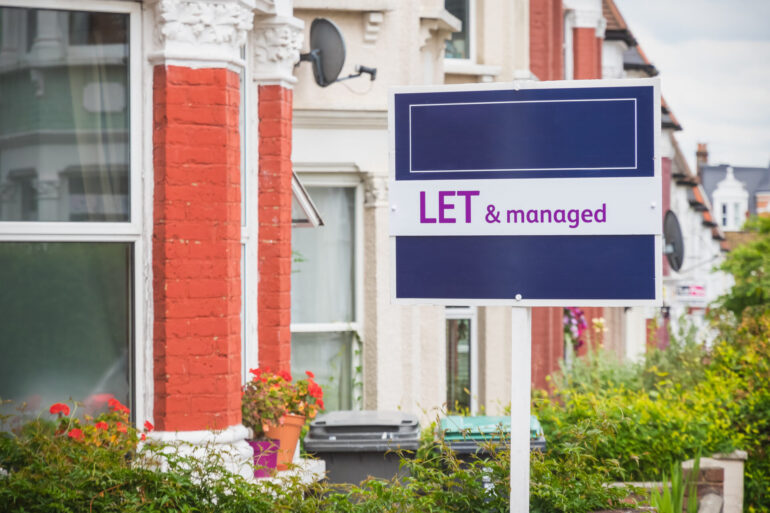Renters in the UK have less than half the disposable income of homeowners, according to research from Yorkshire Building Society (YBS).
The study of 10,000 people found that renters have an average of £440 in disposable income each month after paying for essentials, compared with £872 for homeowners.
Despite tighter budgets, renters were more proactive in managing their finances – 27% checked their credit score monthly compared to 20% of homeowners, and 38% said improving their financial situation is a top priority.
The findings are part of Yorkshire Building Society’s Building Financial Foundations campaign, which explores the relationship between homeownership and financial resilience.
The research highlighted a growing “opportunity gap” between renters and homeowners, driven by differences in income, savings, and access to wealth-building opportunities.
Only 18% of renters planned to buy a home in the next five years, with many citing barriers such as lower earnings, higher housing costs, and limited savings.
While both renters and homeowners have seen housing costs rise since 2019, renters experienced a larger increase (+2%) than homeowners (+0.9%), according to the 2023–24 English Housing Survey.
The same survey found that 30.6% of renters said it was fairly or very difficult to afford their housing costs, compared with 14% of homeowners.
A third (32%) of renters have no savings or investments, and those who do typically have 80% less in savings than homeowners.
Across the UK, disposable income gaps between renters and homeowners vary by city.
In London, renters had £550 remaining each month compared to £1,168 for homeowners – a 53% difference.
The gap widened to 59% in Brighton and 68% in Plymouth, while Norwich showed the smallest difference at 23%.
Yorkshire Building Society’s 2024 research also showed that many people believe they need an average deposit of £67,000 to buy a suitable home, a perception that may deter potential first-time buyers.
Ben Merritt, director of mortgages at Yorkshire Building Society, said: “Everyone deserves the opportunity to build a secure financial future, but for millions of renters across the UK, that future feels increasingly out of reach.
“Our research shows renters are not lacking in ambition—they’re actively prioritising financial stability, checking their credit scores, and working hard to improve their situation. But they’re doing so in a system that makes it harder for them to succeed.
“The opportunity gap isn’t about motivation – it’s about the material barriers renters face every day. We know that for many, renting is an important pathway to homeownership, giving people the opportunity to demonstrate that they can meet financial obligations.
“And for those who manage to reach it, homeownership can lead to greater financial confidence and security.”



